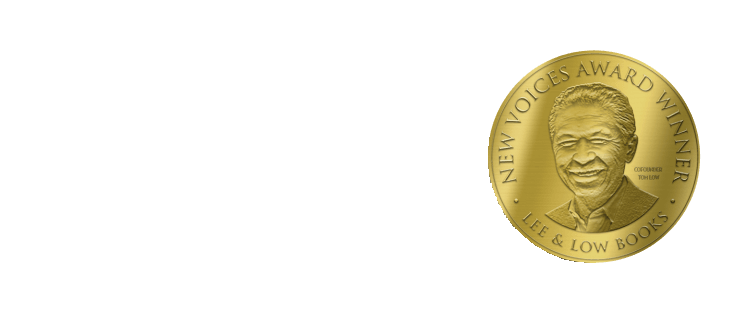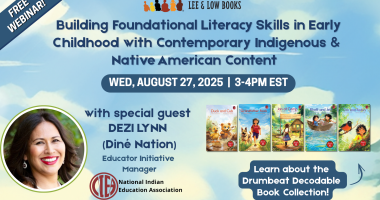To celebrate the upcoming release of Edie for Equality: Edie Windsor Stands Up for Love by Michael Genhart and illustrated by Cheryl Thuesday, we invited beloved author Lee Wind to ask Michael Genhart about his inspiration and thought processes while writing the book.

This is a story about a great injustice and how Edie Windsor boldly stood up for what was right and went up against the highest court in the United States.
Lee Wind: Can you tell us why you wanted to write a picture book for kids about Edie Windsor?
Michael Genhart: Edie Windsor was an ordinary person who did something extraordinary and changed history in this country. In her 80s, driven by upset, grief, a feeling of unfairness, and love for her wife Thea, she showed courage in standing up to the US government – to right a wrong. She brought her case to the Supreme Court of the United States (SCOTUS), won, and showed that marriage between two women or two men must be treated in the same way as marriage between a man and a woman. Her case (defeating a part of the Defense of Marriage Act, or DOMA) paved the way for same-sex marriage in this country, and Edie became a queer icon. I wanted kids to know her and what she did – hopefully inspiring them to also stand up for what’s right, and to know a bit more about LGBTQIA+ history.
Lee Wind: Edie was 80 years old when she took action to fight the injustice of the US government not treating her marriage to another woman, Thea, the same as a marriage between a man and a woman. How did you approach making that kid-relatable?
Michael Genhart: Figuring out how to tell a story, how to enter the story, and how to make it relatable to kids is always a challenge. In this case, I chose to highlight unfairness – right from the start, especially since kids have a keen sense of when something is not fair. This is also a story about inequality – and Edie made it easy for me to make this point to kids: through her love of math and civics when she was a student. In math, equal means equal. In civics, injustices encourage a fight for justice. These are themes kids will (I hope) connect with.
Lee Wind: Telling the story of a life—as well as a social activist movement—are two giant undertakings. How did you go about research, and once you’d gathered all the information, how did you choose what would be included in the book, what would be backmatter, and what wouldn’t find a place in this book?
Michael Genhart: This is a huge issue in writing a picture book biography. What to include in the story, what gets left out, and what goes into the back matter. I read everything I could about Edie and Thea and Edie’s case going to the SCOTUS. I watched documentaries related to the story. You end up choosing to include only those parts that move the narrative forward. Thanks to my editor at Lee & Low, Jessica Echeverria, who was instrumental in helping me shape the story, I believe we were able to create a narrative that flows, progresses, and culminates in a climax that showcases Edie and Robbie’s (Edie’s attorney) victory.
Lee Wind: Your author note touches on your personal connection to the fight for marriage equality. How did that factor into crafting this story?
Michael Genhart: As writers go, a piece of us is in everything we write. That piece of us also helps us choose what to write about. As a gay man, not being able to marry (among other injustices), I always felt that unfairness, being treated like a second class citizen, like our relationships didn’t matter as much. So, I totally related to Edie’s fight, our fight as a LGBTQIA+ community, for equality, fairness, and justice. I am very grateful to her and Robbie Kaplan for their courage, persistence, and wisdom – and I simply felt compelled to share their incredible story.
Lee Wind: As Edie For Equality heads out into the world, what are your hopes for the impact it has on readers?
Michael Genhart: I want to thank Lee & Low Books for publishing this story and for all of the important books they put into the world. Part of the impact I hope this book has is as a contribution to LGBTQIA+ history (written for kids) which also underscores the importance of representation in books for children. It was important to me to tell a story about inequality and how one voice becomes part of a collective voice, that really can make a difference. I love telling untold stories, so I’m also hopeful that knowing this story will impact young readers to be more informed and inspired to always stand up for what’s right and fight against any kind of discrimination.












